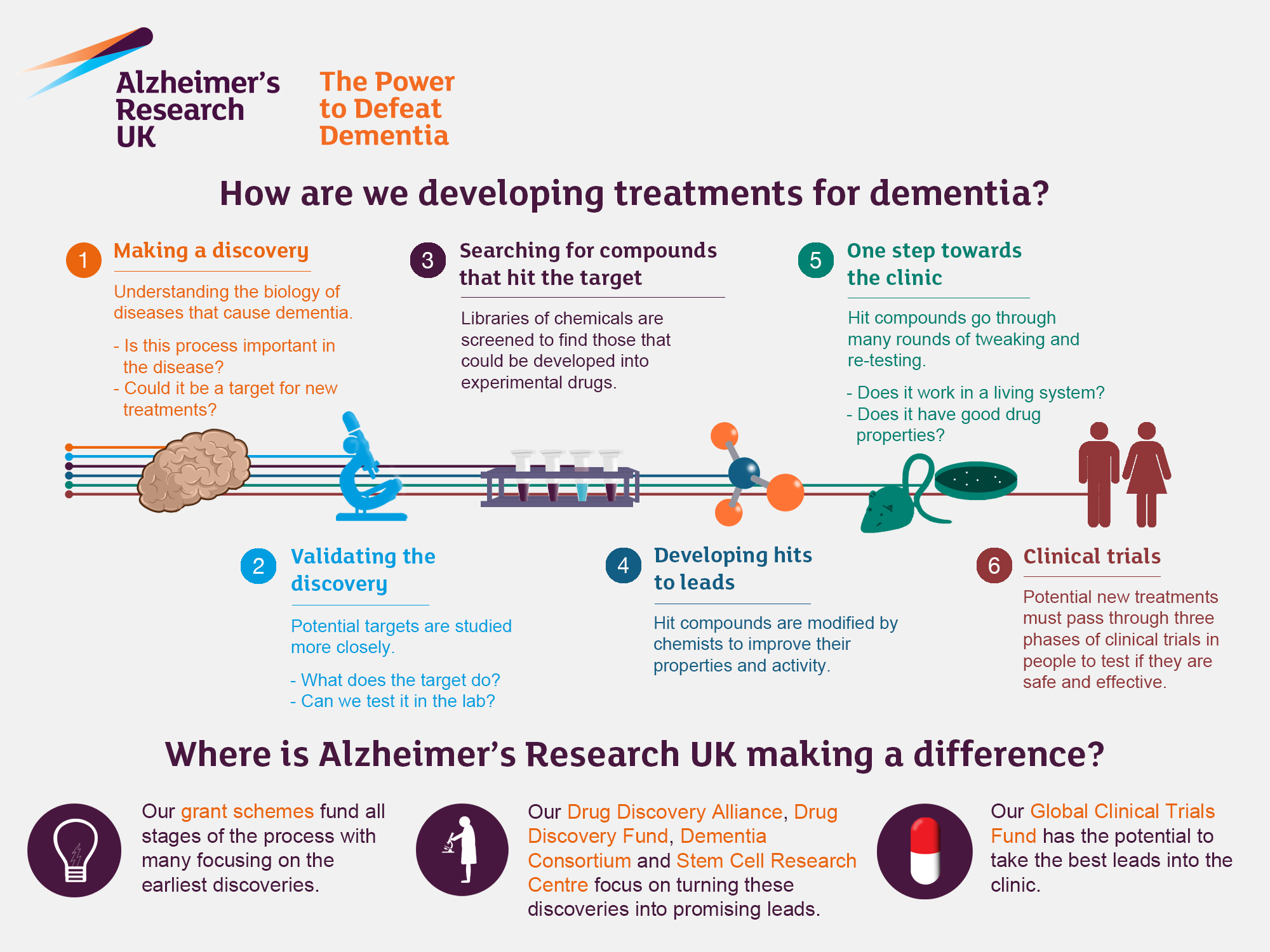Funding cuts in medical research pose a substantial threat to the advancement of healthcare and patient safety research. As recent federal decisions have led to a freezing of over $2 billion in essential grants, sprawling initiatives that meticulously ensure the rights and well-being of study participants are now facing severe setbacks. The implications of these funding cuts extend beyond immediate project halts; they jeopardize the integrity of medical research oversight that relies heavily on Institutional Review Boards (IRBs). Without the necessary resources, these crucial bodies may struggle to fulfill their role in protecting participants from potential harm, thereby increasing risks associated with experimental treatments. In a landscape where NIH funding implications have already sowed doubt, the need for transparent and effective oversight has never been more urgent.
The halting of financial resources allocated for medical research has become a critical topic of concern, especially regarding its implications for patient safety and ethical standards. Recent discussions highlight the significant impact of reduced grants on projects that ensure the rights of individuals participating in clinical trials. As scrutiny rises over the manner in which medical investigations are supervised, the role of regulatory bodies like Institutional Review Boards (IRBs) becomes increasingly vital. Cuts in research funding bring to light the intricate dynamics of how collaborative research is conducted, given the insistence of compliance with ethical practices during studies. Ultimately, the future of innovative treatments and healthcare solutions hangs in the balance, underscoring the necessity for sustained investment in the medical research landscape.
Understanding the Impact of Funding Cuts in Medical Research
Funding cuts in medical research have a profound impact not only on the research itself but also on the patients relying on the outcomes. When government agencies, such as the National Institutes of Health (NIH), halt funding for grants, ongoing studies are disrupted, leading to delayed innovations and potential setbacks in critical health developments. This is particularly troubling given the essential role that these studies play in advancing medical knowledge and improving patient outcomes. The disruption leads to fewer resources for oversight, which in turn can compromise patient safety and trust in the research process.
Moreover, the ramifications of such funding cuts extend beyond immediate research disruptions. They create a cascade of challenges for the research infrastructure, particularly institutional review boards (IRBs) tasked with protecting participant welfare. With diminished financial support, IRBs find it increasingly difficult to fulfill their oversight duties, impacting their ability to ensure compliance with safety regulations and ethical standards. As a result, the risk of participant harm escalates, and public skepticism about medical research grows, threatening to derail progress in finding effective treatments.
The Role of Institutional Review Boards in Protecting Patient Safety
Institutional Review Boards (IRBs) play a crucial role in maintaining patient safety during medical research. By reviewing and approving research proposals, IRBs ensure that studies adhere to ethical standards and prioritize the welfare of participants. They assess various aspects of a study, including risk mitigation strategies, informed consent procedures, and potential adverse events. With the growing complexity of multi-site studies—especially in cases involving cooperative research among numerous institutions—single IRB reviews have become invaluable in streamlining processes while safeguarding participant rights.
However, as funding cuts strain the resources available to these oversight bodies, their efficacy may be compromised. Reduced financial support can hinder IRB operations, making it challenging to maintain rigorous oversight. This situation not only puts current research participants at risk but also sets a dangerous precedent for future studies. Without adequate oversight, the integrity of research findings could be called into question, as seen historically when ethical lapses have led to public outcry and regulatory changes.
NIH Funding Implications on Collaborative Research
NIH funding is crucial for enabling collaborative research initiatives that can lead to significant medical breakthroughs. Collaborative research, particularly those involving multiple institutions, allows for the pooling of resources, expertise, and diverse patient populations, enhancing the quality and applicability of research findings. Funding from NIH facilitates smooth coordination among participating sites, ensuring that all ethical standards are met consistently. However, recent cuts have raised concerns about the sustainability of such collaborative efforts, potentially stalling research collaboration that is vital for tackling complex health issues.
Disruptions to NIH funding can lead to fragmented research efforts, where different sites are unable to coordinate efficiently. This fragmentation not only wastes valuable time but can also lead to inconsistencies in patient care and safety protocols. The downstream effects of funding cuts ripple throughout the research community, diminishing trust in clinical trials and potentially discouraging patient participation. As researchers grapple with financial uncertainties, the collaborative spirit essential for innovation may be at risk.
Reinforcing the Importance of Robust Medical Research Oversight
Ensuring robust oversight in medical research is paramount for the protection of patient rights and safety. The history of unethical experiments serves as a stark reminder of the consequences that can arise from inadequate oversight. Regulations stemming from past transgressions have shaped the current systems in place, but these systems require ongoing support to operate effectively. Building a culture of accountability within research institutions is essential for sustaining public trust, and this can only be achieved through adequate funding and resources for oversight mechanisms.
The role of IRBs and regulatory bodies is vital in maintaining high ethical standards in research. They provide essential checks and balances that prevent harm to participants. However, it’s increasingly clear that the financial dimensions of medical research oversight cannot be ignored. As funding cuts persist, the ability of these boards to protect patients could diminish, raising ethical concerns that jeopardize the integrity of the entire research framework. Continued advocacy for adequate funding is crucial in sustaining the ethical conduct of research and protecting patients.
Patient Safety Research: The Consequences of Funding Cuts
Patient safety research is critical in identifying risks and improving outcomes for individuals participating in medical studies. It encompasses a wide range of investigations aimed at understanding how to protect participants from harm throughout the research process. However, the recent funding cuts pose a significant threat to patient safety research initiatives. Halting grants prevents researchers from studying vital questions about patient safety and effectively applying findings to minimize risks associated with clinical trials.
Without the necessary funding, safety protocols may not be rigorously developed or implemented across studies, potentially leading to adverse events harming participants. Moreover, with fewer resources available for training and education on safety protocols, oversight bodies may struggle to adequately prepare researchers and institutions. This could lead to a decline in standards that are crucial for ensuring participant welfare, particularly as studies become increasingly complex and multifaceted.
Navigating Ethical Challenges in Medical Research
Medical research is fraught with ethical challenges, particularly when funding becomes scarce. Ethical considerations are paramount, and research participants must always be treated with dignity and respect. The pressure to deliver results can lead to ethical compromises if oversight bodies lack the necessary support to enforce ethical standards effectively. Funding cuts hinder the ability of institutions to maintain rigorous ethical training for researchers and IRB members, potentially resulting in lapses in judgment that could affect participant safety.
Furthermore, historical abuses in medical research have underscored the necessity for ethical frameworks to prevent the recurrence of past mistakes. Ethical oversight must adapt to changing research landscapes, ensuring that all participants have the absolute right to informed consent and protection from harm. The existence of thorough ethical review systems is crucial, but funding cuts threaten these mechanisms, which could ultimately lead to erosion of public trust in medical research.
Building Community Trust through Research Transparency
Establishing trust within communities is vital for the success of medical research, particularly as it pertains to participant recruitment and retention. Transparent communication about the study’s goals, potential risks, and how participant safety will be ensured is foundational in fostering trust. When funding is cut, the ability to engage effectively with communities diminishes, as fewer resources are available for outreach efforts or informational sessions.
Increased community involvement contributes to a collaborative research environment where participants feel valued and heard. However, funding cuts can reduce opportunities for researchers to educate communities about ongoing studies and the significance of their contributions. This gap not only hampers recruitment efforts but also risks engendering skepticism toward the research enterprise itself, illustrating the critical need for robust funding that supports transparency and community engagement.
Effects of Funding Cuts on Research Participant Recruitment
Funding cuts in medical research have a direct impact on participant recruitment strategies. With fewer resources, research teams may struggle to implement effective recruitment campaigns necessary to attract diverse populations, which are essential for obtaining comprehensive data. Recruitment efforts usually entail significant costs, including outreach initiatives, educational materials, and compensation for participants, all of which can suffer from funding constraints.
Moreover, delays caused by funding cuts can create distrust among potential participants, who may see the interruptions as indicative of instability within the research program. If individuals perceive that the research lacks adequate oversight or funding to ensure their safety and satisfaction, they may be hesitant to participate. Building confidence among potential research subjects requires assurance that studies are well-funded and that their rights and safety are safeguarded, emphasizing the importance of maintaining adequate funding levels.
Long-Term Consequences of Reduced Funding on Medical Innovation
The long-term consequences of reduced funding for medical research can stifle innovation and impede advancements in healthcare. When funding is cut, research teams face obstacles in initiating new studies, expanding successful projects, and pursuing novel ideas that could lead to groundbreaking therapies and treatments. The cumulative effect of funding constraints means that fewer innovation opportunities may arise, leaving critical health challenges unaddressed.
Additionally, the weakening of financial support for essential research infrastructure could lead to a talent drain, where skilled researchers and scientists seek opportunities in better-funded environments. This loss not only impacts current research efforts but also undermines future medical advancements that rely on a knowledgeable and experienced workforce. The ongoing need for innovation in the medical field necessitates a concerted effort to advocate for steady and adequate funding to ensure that research continues to thrive and evolve.
Frequently Asked Questions
What are the implications of funding cuts in medical research for patient safety?
Funding cuts in medical research significantly undermine patient safety initiatives. Reduced NIH funding limits the capacity for thorough oversight by institutional review boards (IRBs), essential for protecting the rights and welfare of study participants. Without adequate funds, ongoing research may face midstream interruptions, jeopardizing participant well-being and eroding public trust in medical research.
How do NIH funding implications affect the oversight of medical research?
NIH funding implications directly impact the oversight of medical research by restricting the resources available for operational support. Cuts lead to inadequate IRB review capabilities, diminishing the safeguards established to ensure thorough evaluations of research proposals. This can compromise the integrity of studies and the safety of participants, who rely on these evaluations for protection.
What role do IRBs have in ensuring participant safety amid funding cuts in medical research?
IRBs play a crucial role in ensuring participant safety by meticulously reviewing research proposals to assess risks and validate informed consent processes. Funding cuts can weaken IRB capacities, limiting their ability to perform these critical functions. Consequently, the risk of harm to research participants increases, highlighting the need for sustained funding to uphold ethical standards in medical research.
How do funding cuts in medical research impact collaborative studies and patient safety research?
Funding cuts disrupt collaborative studies by limiting resources for essential infrastructure like SMART IRB, which facilitates efficient review processes across multiple sites. This not only delays patient safety research but also exacerbates uncertainty for participants involved in clinical trials, thereby compromising overall safety outcomes and trust in the research framework.
Why is the impact of funding cuts on medical research oversight a concern for public health?
The impact of funding cuts on medical research oversight raises significant concerns for public health, as reduced oversight can lead to compromised patient safety and ethics in research practices. With fewer resources, IRBs may struggle to implement the necessary controls that protect participants, ultimately risking public trust and threatening the advancement of critical medical innovations.
| Key Aspect | Details |
|---|---|
| Funding Cuts | The Trump administration froze over $2 billion in federal research grants, disrupting medical research and patient safety. |
| Impact on Patient Safety | Cuts jeopardize oversight systems like the SMART IRB, necessary for ensuring patient rights and safety during studies. |
| Role of IRBs | Institutional Review Boards (IRBs) safeguard participants by ensuring ethical studies, informed consent, and risk assessment. |
| Historical Context | Past abuses in medical research underscore the need for stringent oversight and regulations to protect participants. |
| Consequences of Funding Cuts | Halting research may harm participants, breed public mistrust, and inhibit future research collaborations. |
Summary
Funding cuts in medical research pose a significant threat to patient safety and ethical oversight. As highlighted, the halt in federal research grants not only disrupts essential studies but also undermines the systems that protect participants in clinical trials. The reliance on Institutional Review Boards (IRBs) for ethical and safe research practices has never been more crucial, given the historical context of medical experimentation failures. Without adequate funding and support for these oversight mechanisms, the integrity of future research and the welfare of participants may be at serious risk.



